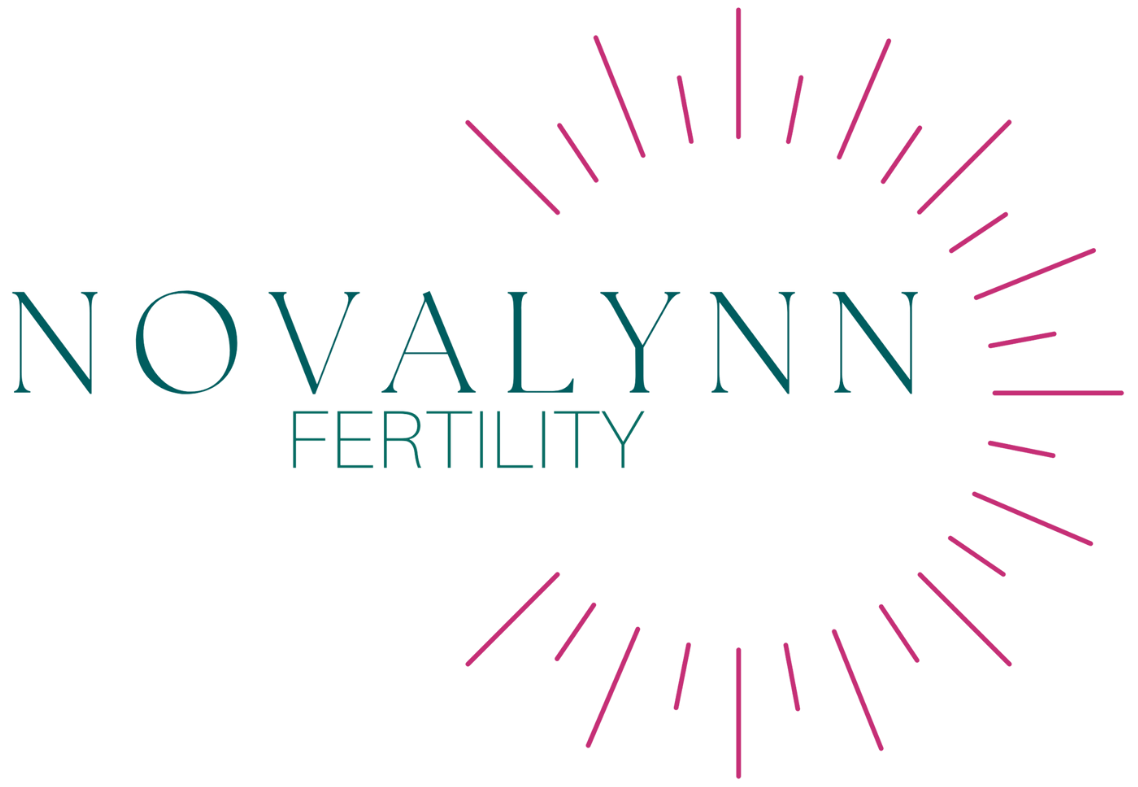This specialized at-home kit tests 7 key hormone levels that can affect your menstrual cycle and overall fertility.
Method:
Simple finger prick blood card collection
*It is best to use this test kit on day three of your cycle
What does it test for?
AMH, FSH, TSH, Estradiol, LH, Serum Progesterone, DHEA-S
AMH: Your Anti-Müllerian Hormone level is an indicator of how many eggs you have left in your ovarian reserve and helps determine your likelihood of conceiving. Your AMH level declines over time and drops significantly as menopause approaches.
FSH: The Follicle Stimulating Hormone is released by the pituitary gland. It helps manage a woman’s menstrual cycle and stimulates the ovaries to produce eggs. Your FSH level can help evaluate menopause, PCOS, abnormal bleeding, and infertility.
TSH: The Thyroid-Stimulating Hormone signals the thyroid gland to make hormones that control the metabolism. Testing your TSH level can reveal if your thyroid gland is functioning normally. Abnormalities in thyroid function and hyperprolactinemia are well-known causes of infertility.
Estradiol: Estradiol is the most important form of the hormone estrogen. High levels of estradiol can indicate a possible problem with your ovarian reserve. It can also mean the estradiol is suppressing FSH. Either of these things could mean that you will have more trouble getting pregnant or have trouble ovulating.
LH: In women, the Luteinizing Hormone helps control your menstrual cycle and triggers the release of an egg from the ovary, known as ovulation. LH levels surge just before ovulation. You should check your LH level at the beginning of your cycle to help evaluate ovarian function.
Serum Progesterone: A progesterone test can help determine whether low progesterone levels are causing female infertility or problems during pregnancy. A woman's progesterone levels are generally at the lowest at the beginning of a menstrual cycle and increase in the middle of a menstrual cycle.
DHEA-S: The Dehydroepiandrosterone Sulfate test helps determine whether or not your adrenal glands are functioning properly. DHEA-S levels are often measured to help diagnose polycystic ovary syndrome (PCOS) and rule out other causes of infertility.
A portion of our revenue from each test will be donated to fertility research and support.
This specialized at-home kit tests 7 key hormone levels that can affect your menstrual cycle and overall fertility.
Method:
Simple finger prick blood card collection
*It is best to use this test kit on day three of your cycle
What does it test for?
AMH, FSH, TSH, Estradiol, LH, Serum Progesterone, DHEA-S
AMH: Your Anti-Müllerian Hormone level is an indicator of how many eggs you have left in your ovarian reserve and helps determine your likelihood of conceiving. Your AMH level declines over time and drops significantly as menopause approaches.
FSH: The Follicle Stimulating Hormone is released by the pituitary gland. It helps manage a woman’s menstrual cycle and stimulates the ovaries to produce eggs. Your FSH level can help evaluate menopause, PCOS, abnormal bleeding, and infertility.
TSH: The Thyroid-Stimulating Hormone signals the thyroid gland to make hormones that control the metabolism. Testing your TSH level can reveal if your thyroid gland is functioning normally. Abnormalities in thyroid function and hyperprolactinemia are well-known causes of infertility.
Estradiol: Estradiol is the most important form of the hormone estrogen. High levels of estradiol can indicate a possible problem with your ovarian reserve. It can also mean the estradiol is suppressing FSH. Either of these things could mean that you will have more trouble getting pregnant or have trouble ovulating.
LH: In women, the Luteinizing Hormone helps control your menstrual cycle and triggers the release of an egg from the ovary, known as ovulation. LH levels surge just before ovulation. You should check your LH level at the beginning of your cycle to help evaluate ovarian function.
Serum Progesterone: A progesterone test can help determine whether low progesterone levels are causing female infertility or problems during pregnancy. A woman's progesterone levels are generally at the lowest at the beginning of a menstrual cycle and increase in the middle of a menstrual cycle.
DHEA-S: The Dehydroepiandrosterone Sulfate test helps determine whether or not your adrenal glands are functioning properly. DHEA-S levels are often measured to help diagnose polycystic ovary syndrome (PCOS) and rule out other causes of infertility.
A portion of our revenue from each test will be donated to fertility research and support.

